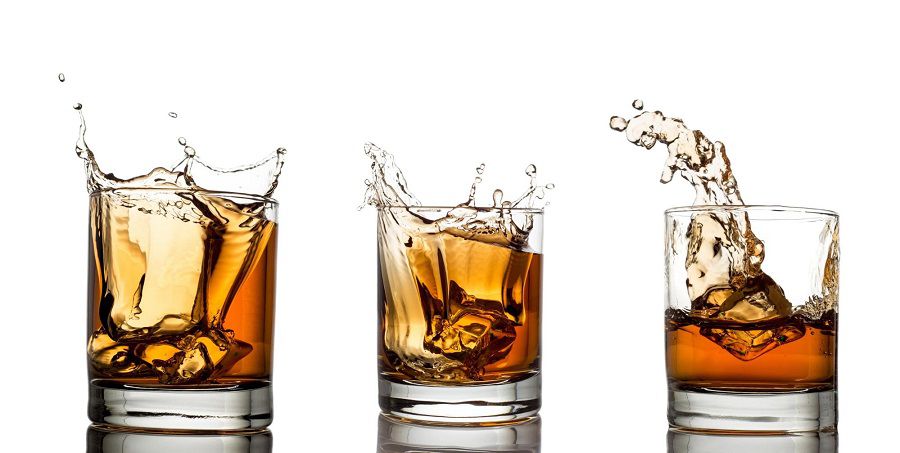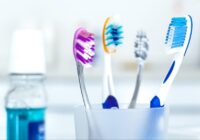
The COVID-19 panic has raised our collective stress levels to an all-time high. Unfortunately, it’s also increased our alcohol consumption. In fact, in a recent survey, 60 percent of American adults reported increasing their alcohol intake, with 46 percent attributing that increase to stress.
Unfortunately, increased alcohol consumption can be very dangerous, as it can lead to alcoholism and even damage to your oral health.
Studies have shown that alcohol can increase your risk of developing such problems as oral cancer, gum disease, tooth decay, and mouth sores. The increased risk of oral cancer is especially troubling. In fact, Delta Dental of Illinois estimates an increase of four percent of oral cancer diagnoses in 2021 over the previous year. This is not good news.
As a result, dentists are recommending patients turn to other stress relief sources during the pandemic and beyond. Here are a few ideas you can easily try at home:
Reach out to family and friends, even if it’s just via text, phone, or video chat. Staying connected to those we care about can alleviate feelings of stress and isolation.
Start a fitness routine such as walking, jogging, biking, or yoga. These can easily be done at home and do not require a gym membership, so you can socially distance while you get some much-needed exercise
Get plenty of rest. Rest helps us recharge our bodies, and can improve our mood and cognitive function during the day.
Eat a healthy diet. Eating healthy helps us feel our best, which can improve our health and our self-esteem.
Quit smoking. If you are a smoker, quitting smoking can help not only prevent certain cancers and heart disease, it can also help us protect our oral health, too.
Get help. There is no shame in reaching out for help if you are struggling to control your alcohol consumption.
If you find yourself struggling to stop drinking excessive amounts of alcohol, please speak to your physician, Dr. Abelar, or contact your local chapter of Alcoholics Anonymous for help. Remember: you are not alone in your struggle, and there are resources to help you, even during the pandemic.






